How those on The List are riding out the coronavirus storm
A fortuitous call to Qantas saved billionaire Hamish Douglass from being trapped in hotel quarantine for a fortnight.
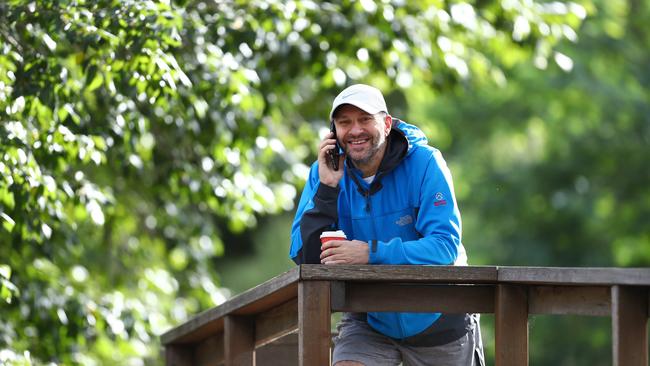
It was a fortuitous call to Qantas that saved billionaire Hamish Douglass from being trapped in a Sydney hotel room for a fortnight.
The founder and chairman of the Magellan funds management powerhouse had been on a working holiday skiing with friends at the largest ski resort in the US, Park City in Utah, in the second week of March when global sharemarkets went into freefall.
So fascinated was Douglass by what was happening on Wall Street that he wanted to stay in Utah even when his favourite ski resort closed, where his house was set up to work and he could oversee the $100bn Magellan has invested around the world — until a phone call to
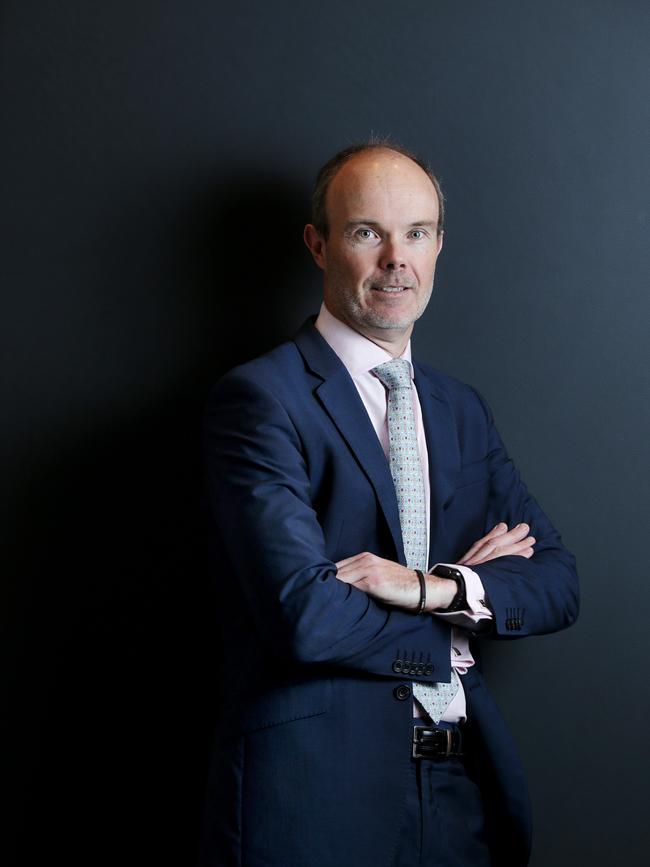

Qantas by his personal assistant convinced him to rush home.
“Over those two weeks, a lot of it was moving very fast, the markets were going crazy. It was good being there in America, seeing it in live time,’’ Douglass tells The Weekend Australian.
“I left on the Thursday night, arrived back on the morning of March 21. I was fortunate I got back to the country at a time when I could isolate at home, where I was set up to help my CEO and team run the business, rather than going to a hotel. That would have been an absolute nightmare.”
Members of The List — Australia's Richest 250 — who have lost hundreds of millions in paper wealth on the markets during the COVID-19 pandemic, have been adjusting their businesses and lives to cope with the new world.
Young billionaire Melanie Perkins has her Canva business hosting its regular fitness and yoga classes via Zoom, and even its employee social clubs are meeting up remotely.
“We’ve also started hosting online comedy nights and music acts every Friday night, which is great for our team’s morale and the artists we’re supporting,’’ Perkins says.
The country’s richest person, Anthony Pratt, flew back to Australia on his private jet at about the same time as Douglass, just beating the quarantine curfew. Kerry Stokes stayed in Aspen, flying back to Perth only recently to commence his 14-day isolation. There’s likely no Mediterranean yacht stint for retailer Solomon Lew this year. Instead he is holed up in Melbourne’s St Kilda Road.
His other wealthy cohorts have escaped to their farms or beach houses. Max Beck jokes about annoying his wife by going shopping with her,
Gerry Ryan has been walking around looking at shops and talking to proprietors — while social distancing — about the economy. Sydney apartments king Harry Triguboff, 87, continues to head to his CBD office every day.
Douglass says it has been a blessing in disguise working 12-hour days completely alone at his home in Sydney’s Neutral Bay, cooking and cleaning for himself while his family has fled to their Moss Vale farm in the southern highlands. “I’ve been incredibly relaxed,” he says. “I’m still cooking for myself and I go for two long walks a day and do some stretching and exercise.”
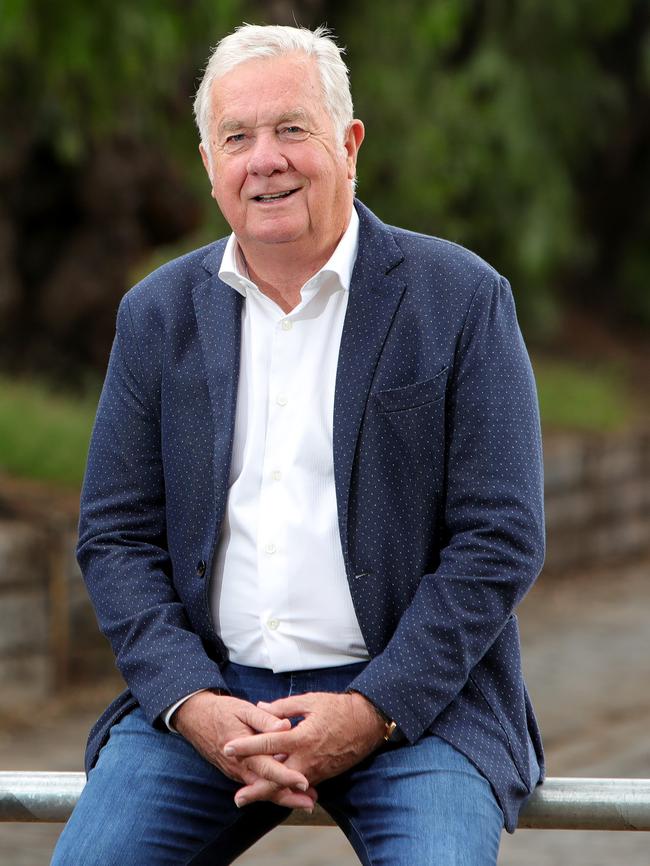
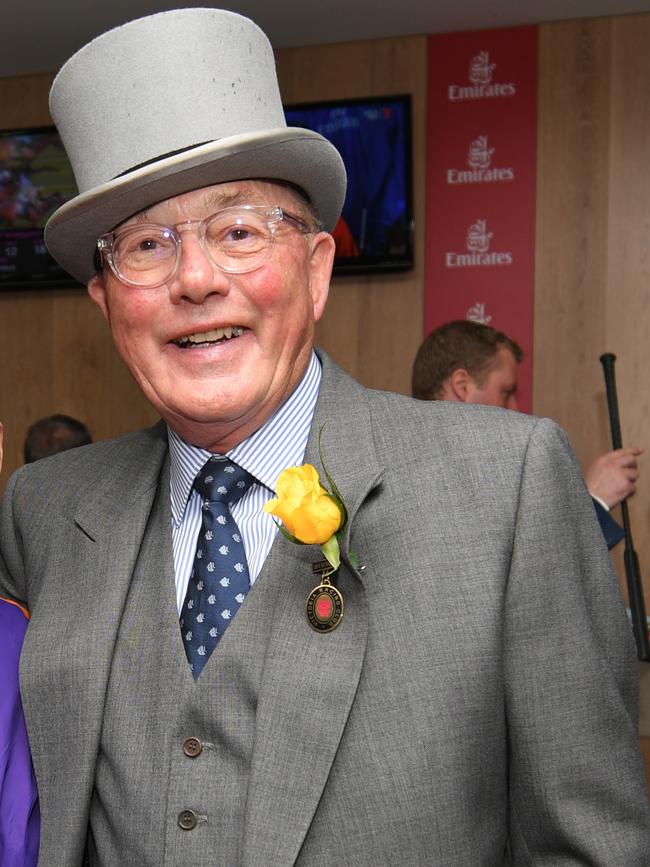
Melbourne billionaire Alex Waislitz has kept himself fit with regular walks and light dumbbell exercises. His routine morning sojourn isn’t complete without a takeaway coffee from the Kanteen cafe on a bend of the Yarra River in South Yarra.
“I’m not finding it stressful at all. I’m enjoying the time with the kids, doing a bit of exercise between meetings,’’ he says, despite the fact that some of his investments have suffered stunning share price declines.
While Waislitz is a regular traveller around the world in his private jet during the year and owns an apartment in Manhattan and other properties around the world, staying at home in Melbourne’s Toorak has kept him close to his four children, including his youngest girl born late last year, in hindsight ironically named Storm.
“When you go through a crisis, you look at what is important to you, and that is your relationships and your family. Being close to the family is important to support them through their own challenges through this lockdown period,’’ he says. “Technology as it is allows you to access a lot of the information on markets and stocks. And I have people in New York and Los Angeles feeding information in.”
Lloyd Williams still has his horses running, King of Leogrance recently won the Adelaide Cup, but his Macedon Lodge training operation is up for sale with a couple of buyers interested. “I’m an old chap so I have to stay out of trouble,” Williams, 79, says.
Not all are as happy. Barry Lambert will go back to playing golf next week near his Sydney northern beaches house and says the Morrison government’s restrictions have gone too far, arguing that younger people will be hit with the bill for shutting down the economy for decades to come.
“Like (former prime minister Kevin) Rudd, this government will be rightly thrown out on its ear for abusing taxpayers for its own political ends.”
Lambert, who founded Count Financial and more recently has found success with ASX-listed hemp company Ecofibre (his granddaughter has a rare form of epilepsy which is alleviated with medicinal cannabis) believes the low number of coronavirus cases in Australia should lead to the economy being opened up more, at least cautiously to start with and with over-70s protected as much as possible — with better government messaging.
“Unfortunately we don't have an Abbott in the wings with a new mantra: Stop the Waste; Get Kids to School; Put People Back to Work: Protect the Elderly; Look After the Sick.”
Perkins, the youngest billionaire on the 2020 edition of The List, published in March, has been working from her Sydney home, alongside her partner and co-founder Cliff Obrecht.
She says Canva, the private online graphic-design platform valued at $4.7bn after a funding round late last year, requested its staff work remotely in mid-March as a pre-emptive measure to help stop the spread of the virus.
This has also included adapting Canva’s regular traditions to suit an online environment.
“For example, while we have typically provided lunch for our team each day, our ‘Vibe team’ have been posting grocery lists and recipe videos instead. And because most of Canva’s food and beverage suppliers have lost up to 80 to 90 per cent of their weekly clients, the Vibe team have also pulled together a weekly mixed hamper filled with these suppliers’ amazing seasonal produce and smallgoods to be delivered straight to many of our team members’ doorsteps,’’ she says.
Perkins says she has for some time been using the 5 Minute Journal, an online app designed to boost happiness and productivity. “It is a great way of spending a bit more time each day thinking about all of the little things in life that you're grateful for,’’ she says.
Gerry Ryan owns Jayco Caravans and says any “travel local” tourism campaign that ramps up later this year will help his business.
“I feel there is going to be some pent-up demand when things loosen up a bit. I’m getting the business ready in a way we would have done coming out of the global financial crisis (in 2008).”
Shesh Ghale, owner of the private Melbourne Institute of Technology with wife Jamuna Gurung, has 4000 students learning online. He goes to the office every day, and also owns a hotel in Belgium’s Bruges. It is one of only three that have remained open, housing local homeless people.
“It is very nice. We got local publicity for it.
“We’re very lucky with what we have built here, but there are issues with what the government is saying with international students. Will they be able to come later in the year? It is a very important industry.
“We have put $1m into a support fund for our students. It is OK for now but what about later in the year? It is like the sky has fallen in.
“Personally we are OK. We come from Nepal and we could always go back there and live in the mountains.
“It is where we are from, we know what it is like. We can cope.”

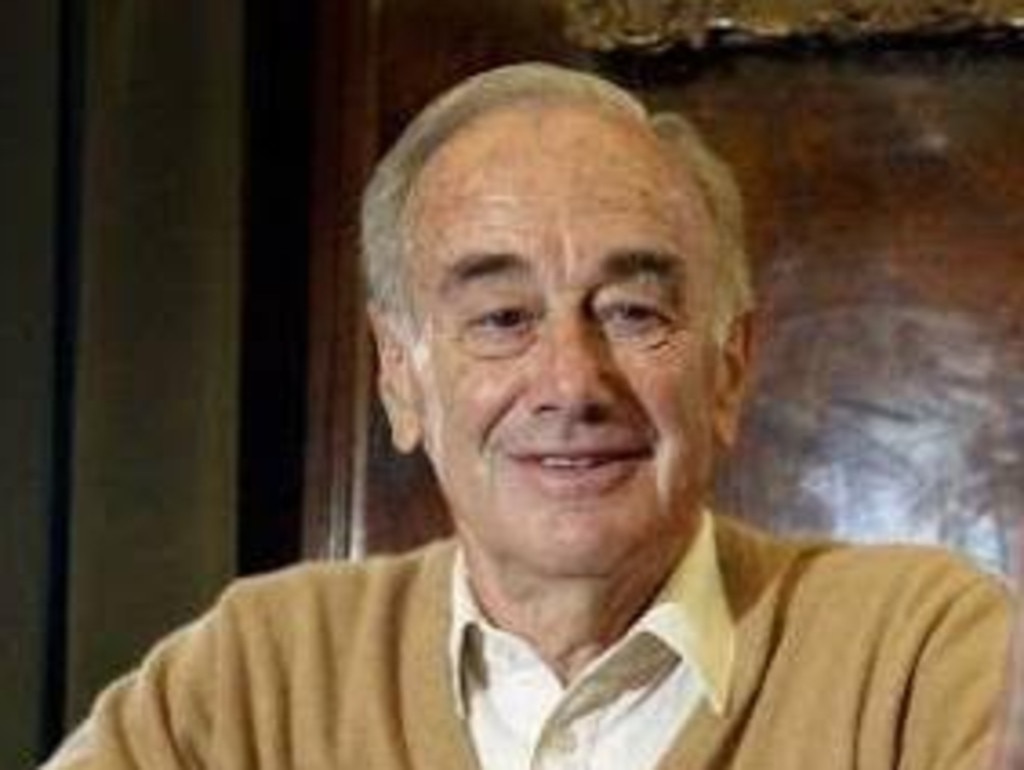
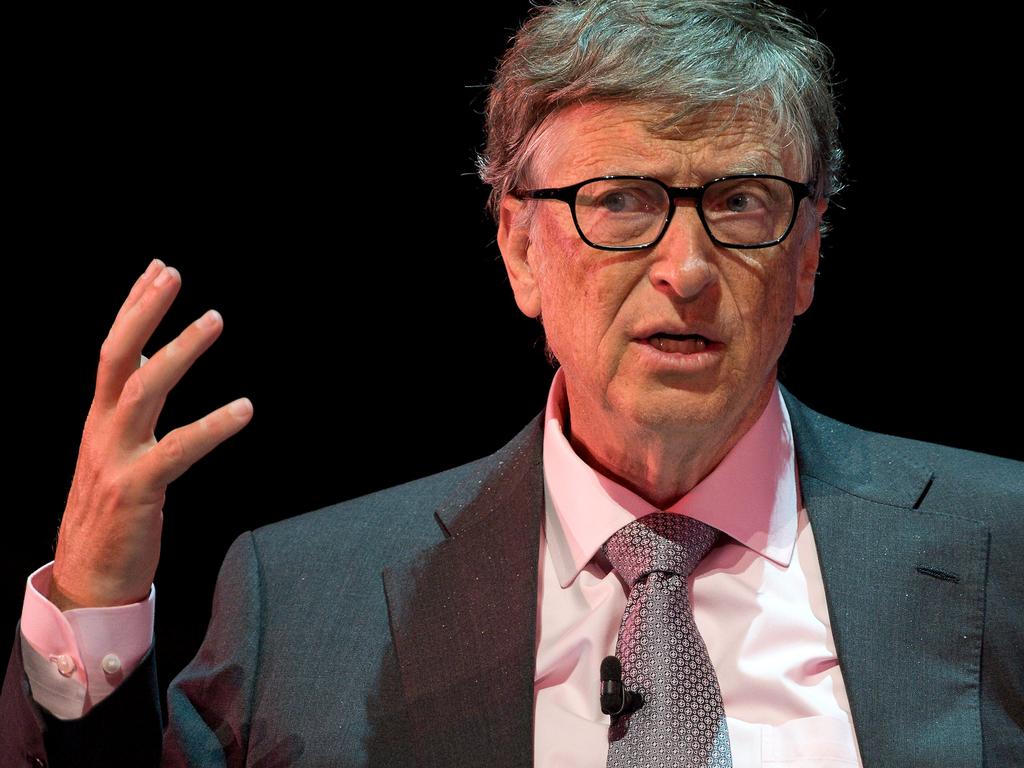
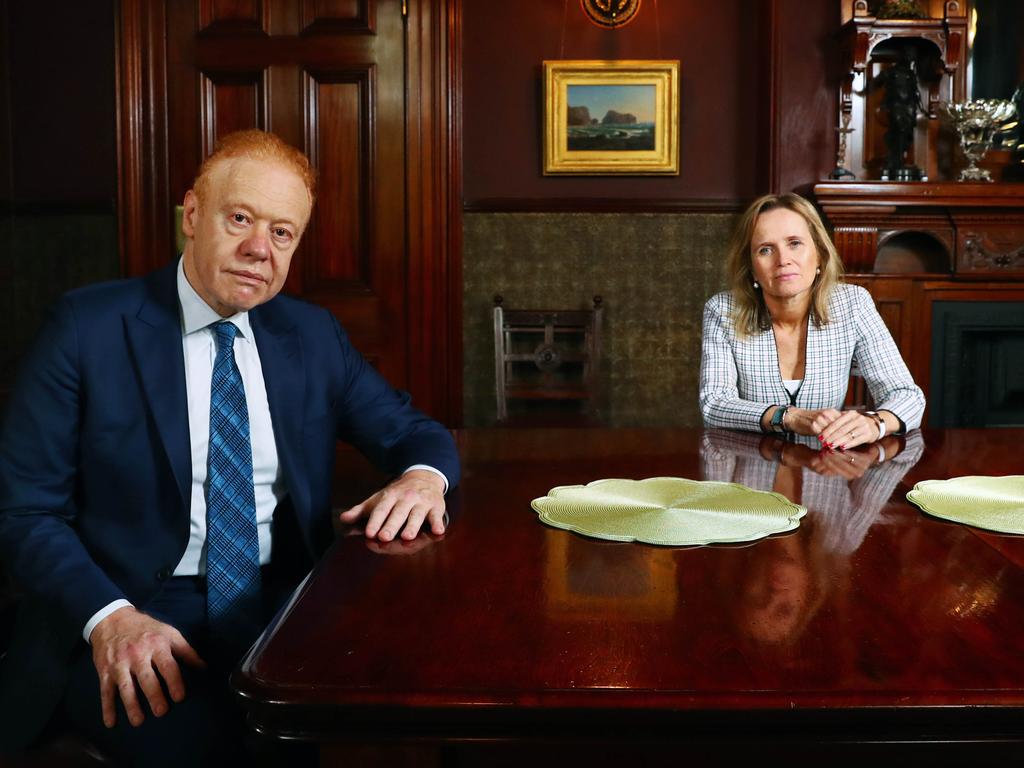
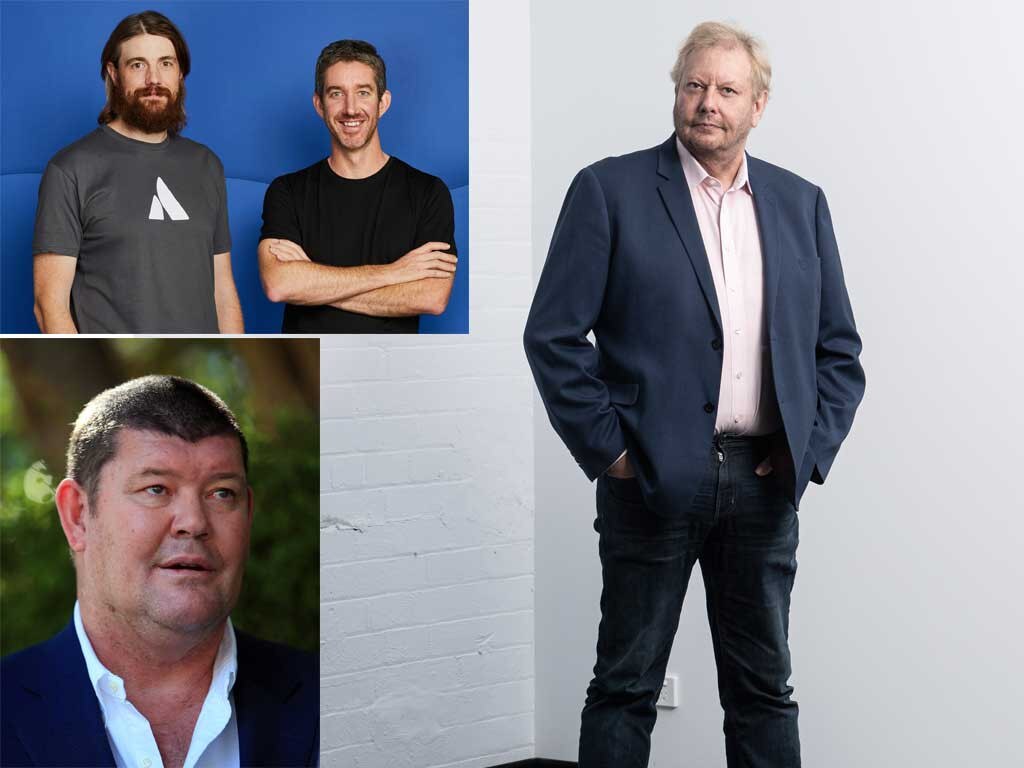


To join the conversation, please log in. Don't have an account? Register
Join the conversation, you are commenting as Logout